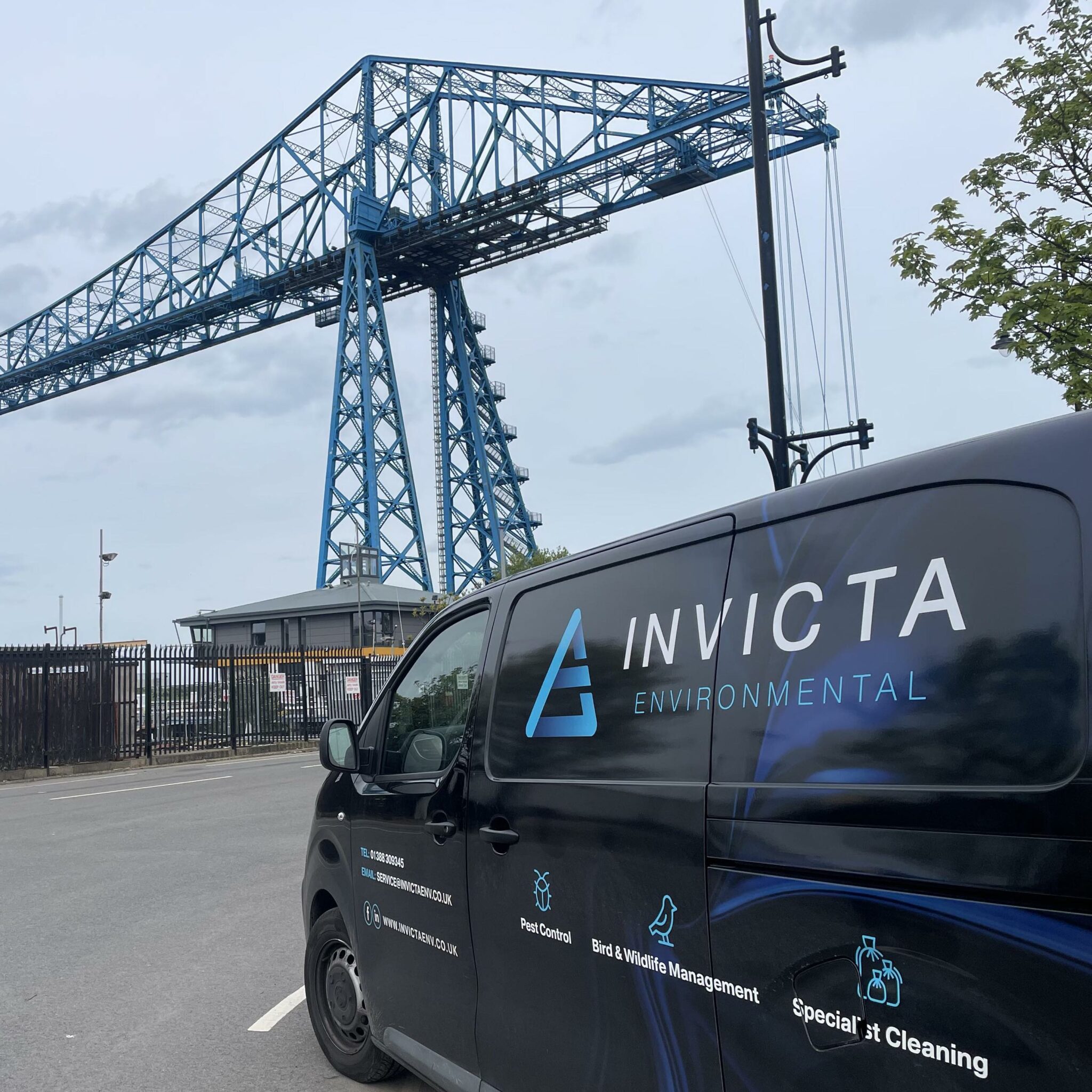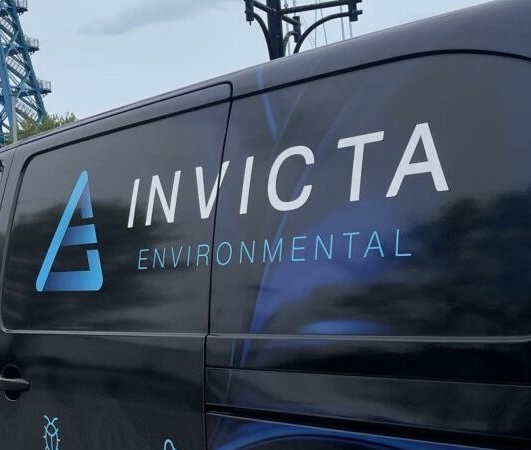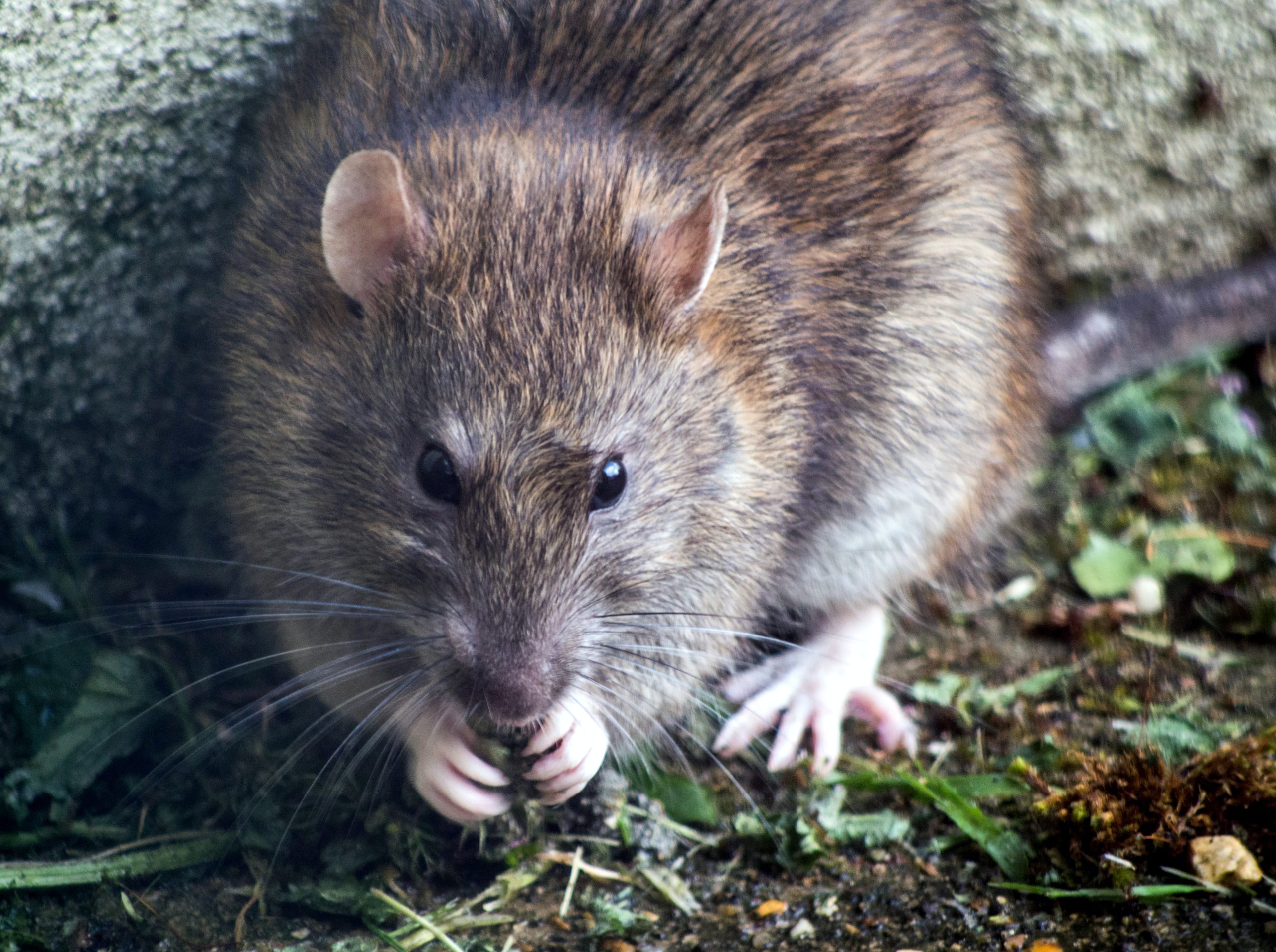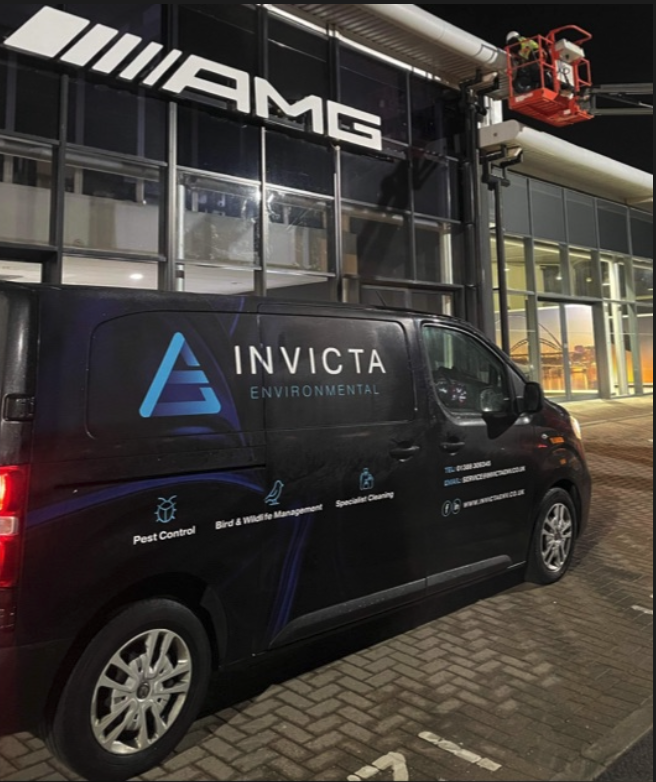Table of contents
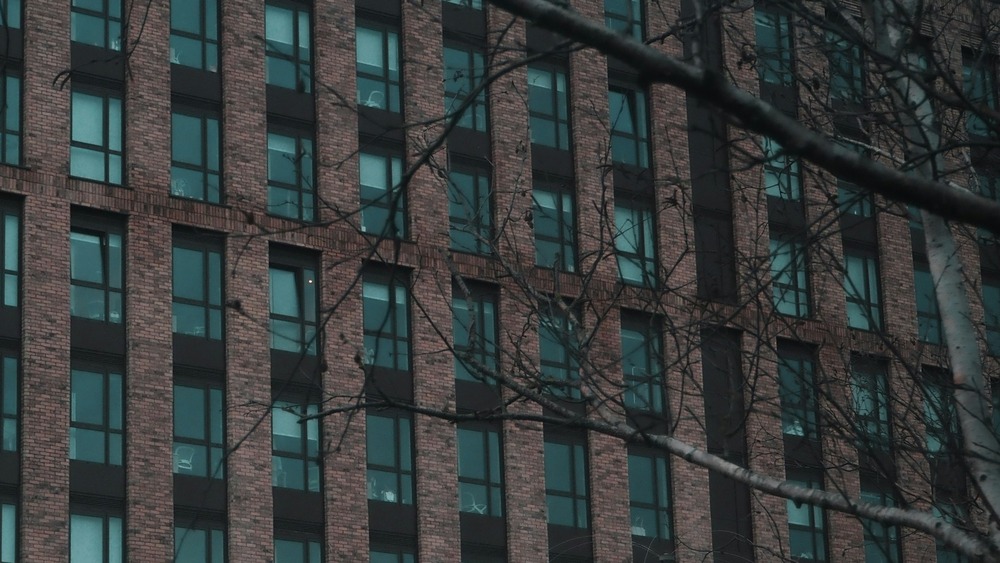
Over recent years, the UK government has been under pressure to focus on safety in the rented housing market.
As part of its drive towards strengthening tenants’ rights and reducing the impact of damp and mould hazards in particular, the UK government has created Awaab’s Law.
When it comes into force in October 2025, the law will ensure that all emergency hazards, especially damp and mould, are dealt with promptly. If they cannot be fixed quickly, then social housing landlords need to ensure suitable alternative accommodation is provided.
As a leading provider of landlord services across the North East and the UK, Invicta Environmental understands the importance of staying up to date with the latest regulations.
To help social housing and private landlords prepare for Awaab’s Law, we’ve put together this guide to how it works and what landlords need to do to be ready.
What Is Awaab’s Law?
Named after Awaab Ishak, a toddler who tragically died after exposure to damp and mould while living in social housing, Awaab’s Law seeks to mobilise social landlords to manage these risks.
Following numerous white papers and discussions among experts, UK government guidance seeks to push social housing providers and local authorities to deal with any significant or emergency hazard proactively as soon as a tenant reports the issue.
It will differ from the existing Housing Health and Safety Rating System (HHSRS), as Awaab’s Law will apply to all criteria excluding overcrowding, but will not require an HHSRS assessment. Instead, Awaab’s Law will use in-person inspections and take into account the tenant’s safety and circumstances, as well as the severity of the issue.
So, for example, a damp and mould issue might not be significant enough to cause structural collapse, which would reduce its rating under HHSRS. However, for a vulnerable tenant, this could still be a potential emergency hazard that causes significant health risks, so under Awaab’s Law requirements the issue would need to be escalated and dealt with quickly.
Currently, Awaab’s Law only applies to social housing tenants. However, in the future, the government is looking to implement similar standards in the private rented sector.
For more information, view the full government guidance regarding Awaab’s Law here.
Why Is Awaab’s Law Important?
Everyone deserves a safe home. As increased numbers of people rent, either from private or social landlords, the UK government needs to make sure that the rental housing sector is properly regulated.
Some landlords, even social housing ones, ignore safety hazards or put temporary measures in place. Often, they blame tenant’s living arrangements, such as drying clothes inside, for damp and mould problems that are actually caused by other issues.
Damp and mould in particular can be incredibly dangerous, and may cause respiratory illnesses and major health issues, particularly for the elderly, pregnant, disabled or young. Prolonged exposure to damp and mould can cause permanent respiratory issues.
While tenants do have access to the Housing Ombudsman to dispute any issues with their landlord, it can take time for these cases to come to trial.
With the introduction of Awaab’s Law and more focus on protecting tenants, the UK government hopes to ensure anyone at significant risk of harm from damp, mould or other hazards in their home is given fast support or temporary accommodation.
Additionally, the new law will help improve accountability. Social landlords will need to be vigilant and carry out regular inspections, as well as dealing with any issues as soon as reasonably practicable, to comply with Awaab’s Law.
Why Pests Can Be Considered A Significant Risk
While pests themselves aren’t specifically mentioned in Awaab’s Law requirements currently, they can still be regarded as potential hazards that tenants need to be protected from.
Many pest species, including cockroaches and moths, are attracted to damp spaces, so they could be one of the first signs of a damp issue.
Additionally, some larger vermin, such as rats, squirrels and mice, can chew entry holes in walls and roofs, which can let in moisture and cause damp and other issues. If they chew through live wires, they can cause electrical hazards, which are incredibly dangerous and require landlords to carry out emergency repairs.
Fixing pest problems quickly reduces the chance of further damage and keeps the property safe from vermin.
How Can Landlords Prepare For Awaab’s Law?
Whether you provide social housing or are a private landlord, you need to prepare for Awaab’s Law to come into effect for social housing providers on October 27th 2025.
That means being proactive about existing issues in your rental properties, including potential significant hazards, such as pest infestations. Some techniques you can implement include:
Keep up to date with the latest developments, as the finalised guidance will change over time, and you need to be aware of your legal obligations to your tenants.
- Focus on prevention of hazards.
- Increase documentation to ensure everything is clearly recorded.
- Carry out regular in-person inspections of the property to check for potential hazards.
- Engage in contracts with registered providers of housing services, such as pest controllers, to ensure that you have access to professional support when you need it.
- Invest in training for property managers, maintenance staff, and contractors to spot warning signs of potential housing hazards early.
- Modify social housing tenancy agreements to ensure that they allow you as the landlord to gain entry if required to deal with emergency hazards.
While currently the rules only cover the social rented sector, in the future the government will extend Awaab’s Law and require landlords in the private rented sector to comply.
As such, it’s important that you have the relevant knowledge and work to support tenants with issues quickly.
As well as damp and mould, pests can be another hazard that needs to be managed quickly. At Invicta Environmental, we support landlords throughout the UK with a range of pest control and specialist services, including rodent removal, insect treatment, bird control, void property clearance and waste removal.
If you’re a social housing or private landlord, looking for expert support in preparing for Awaab’s Law and ensuring that you deal with any tenant reports of issues within a reasonable time period, Invicta Environmental is the ideal partner.
Based in the North East, we cover the entire UK, and are here to ensure private and social housing landlords perform their legal duties and protect their tenant’s health from serious hazards such as damp, excess cold caused by drafts from entry points, and vermin themselves. Contact us on 01388 309345 to find out more about our landlord services and how we can help you prepare for the introduction of Awaab’s Law.

